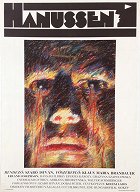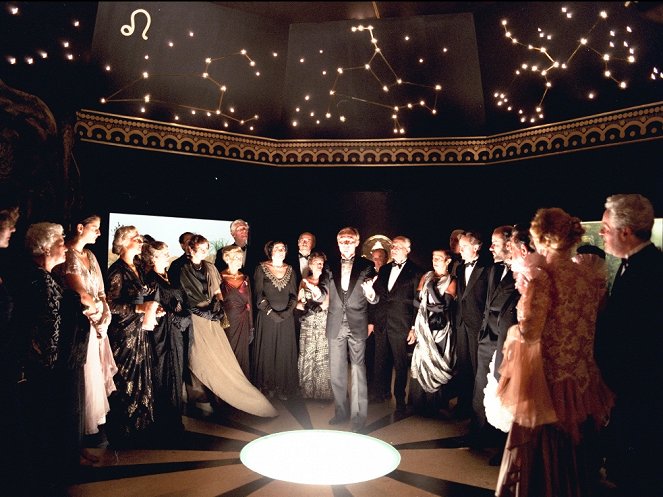Directed by:
István SzabóCinematography:
Lajos KoltaiCast:
Klaus Maria Brandauer, Erland Josephson, Ildikó Bánsági, Walter Schmidinger, Károly Eperjes, Grazyna Szapolowska, Adrianna Biedrzyńska, György Cserhalmi (more)Plots(1)
1918, Piave. Klaus Schneider is wounded on his head. His doctor, Bettelheim discovers that the lance sergeant is able to provoke hypnosis and this could be exploited for the purposes of healing. Captain Nowotny, a former director of variety wants to take advantage of the ability of Schneider in show programs and he takes him to Vienna. Schneider here achieves ever greater success under the name Hanussen. He goes to Berlin with his escort and becomes the Prophet there. He predicts the take-over of power by Hitler and he believes that he will be able to foretell his actions. But the chief of propaganda, having let him predict the burning of the Reichstag, decides: No more prophets beside Hitler. Hanussen is killed by the Nazi. The Reichstag burns. (official distributor synopsis)
(more)Reviews (2)
Hanussen is the third film of a loose trilogy - it was preceded by the films Mephisto and Colonel Redl. I have a feeling that the essential aspects have already been covered by István Szabó in his previous works, and in Hanussen, it to a large extent just repeats itself. Brandauer is still great, but the screenplay is, from my point of view, slightly weaker. Perhaps it is also because I have thoroughly explored the era of the rise of fascism through other films, and the screenplay deviates from the real fate of the well-known clairvoyant in a difficult-to-digest way for me. Overall impression: 65%.
()
As the culmination of Szabó-Brandauer's loose trilogy, Hanussen brings together the Austro-Hungarian period and the Third Reich in an arc. Given the time period that it is about and the way the film is told, the film version of Hanussen is quite ideal for me. Post-war decadence in its heyday and its subsequent displacement by new aesthetic criteria never ceases to fascinate me. Brandauer is now also surrounded by more interesting faces, such as György Cserhalmi or Jiří Adamíra, which ensures that this is not just another Brandauer solo. In the end, the mysterious haze that shrouds the real Moravian Jew Hermann Steinschneider (1888-1933) provides the greatest opportunity for dreamlike experiences.
()

